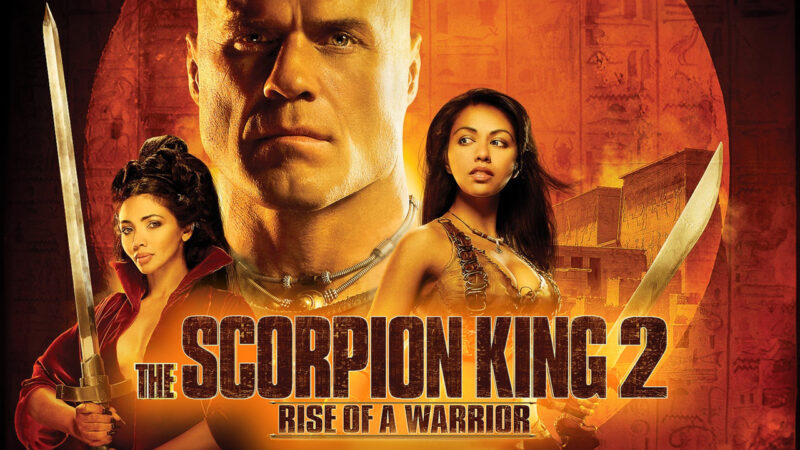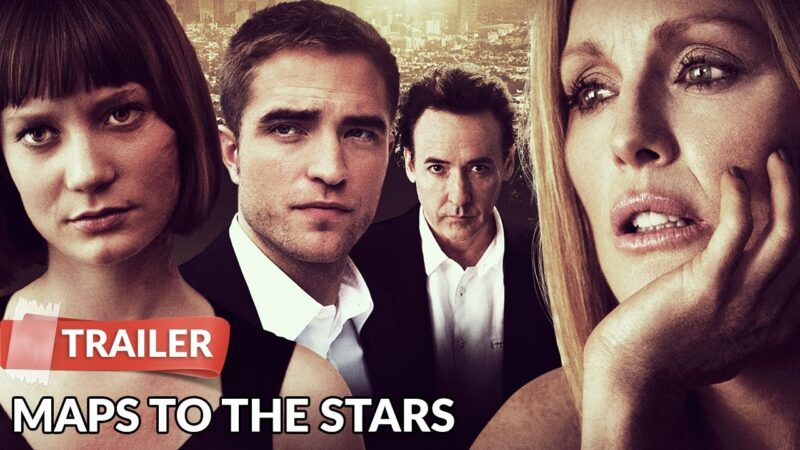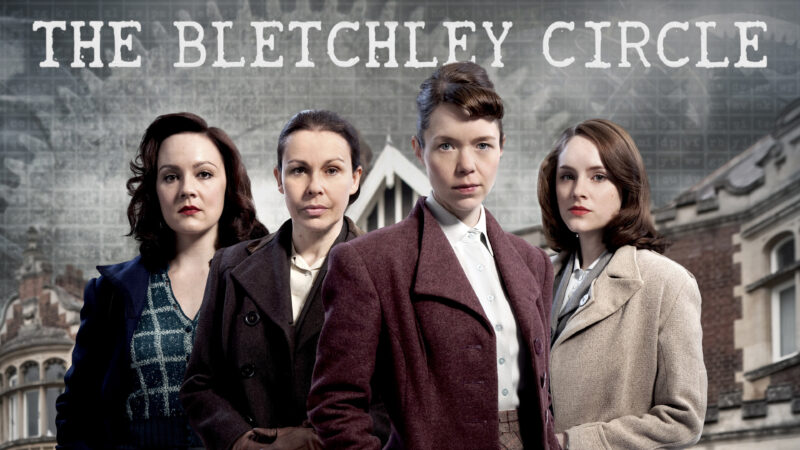“The Shootist” (1976): A Gunslinger’s Farewell to the West

John Wayne’s poignant final performance is a meditation on aging, legacy, and the death of the Old West.
A Story of Endings—Both Personal and Mythic
The Shootist (1976), directed by Don Siegel, is more than just a Western—it’s a quiet, elegiac farewell to a genre, a legend, and a way of life. Loosely adapted from Glendon Swarthout’s novel, the film follows aging gunfighter J.B. Books (John Wayne), who arrives in Carson City in 1901 with one final truth to face: he is dying of cancer.
Seeking to live out his final days with dignity, Books rents a room from a widowed boarding house owner (played by Lauren Bacall) and forms an unlikely bond with her teenage son Gillom (Ron Howard). But as word spreads of the legendary shootist’s return—and his impending death—old enemies and opportunists begin to close in, hoping to make a name for themselves in his shadow.
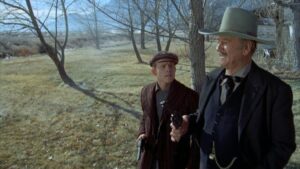
John Wayne’s Final Bow
The Shootist gains much of its emotional weight from its leading man. In his final film role before his own death from cancer in 1979, John Wayne delivers a performance layered with vulnerability, stoicism, and grace. There is a haunting authenticity to his portrayal—Books, like Wayne himself, is a dying icon, out of place in a changing world.
Wayne doesn’t just play a cowboy; he plays the last cowboy—one aware of his fading relevance but unwilling to go quietly. His farewell is not one of melodrama but of quiet resolve, and that restraint makes the performance all the more powerful.
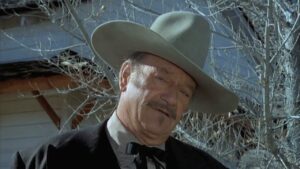
A Strong Supporting Cast and Subtle Direction
Lauren Bacall brings understated strength and moral clarity to the role of Bond Rogers, the widow who finds herself torn between fear and compassion. Ron Howard is earnest and believable as the impressionable youth who idolizes Books, unaware of the true cost of living by the gun. James Stewart, in a small but memorable role as the doctor who delivers Books’ grim diagnosis, adds further gravity.
Director Don Siegel, better known for action-heavy films like Dirty Harry, reins in his usual kinetic energy here, opting instead for a restrained, character-driven narrative. His approach allows The Shootist to feel intimate yet timeless—a fitting tone for a story about the fading echoes of a violent past.
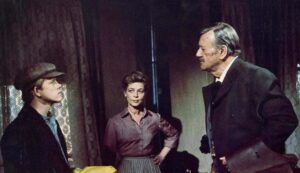
Themes: Mortality, Legacy, and the End of an Era
The Shootist is steeped in themes of death and transition—not just the literal death of J.B. Books, but the symbolic death of the Old West. The film takes place in 1901, a time of automobiles and telephones, where legends like Books are increasingly out of place. It’s a story about how time catches up with all men, no matter how fast they draw.
But rather than glamorize violence, the film reflects on its consequences. Books is not portrayed as a hero but as a man who has lived by the gun and must now reckon with the emptiness it leaves behind. In one of the film’s most powerful moments, he insists he won’t die in bed—but not for glory. He simply wants to choose how he goes out.
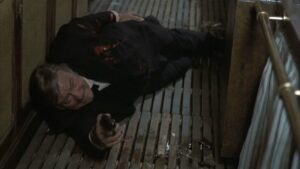
Final Verdict: A Western That Rides Into History
The Shootist is a rare Western that doesn’t just depict the end of a man—it marks the end of an era. With its reflective tone, sharp performances, and meta-textual resonance, it’s not just one of the finest Westerns of the 1970s, but also a fitting, deeply personal farewell for John Wayne himself.
Both mournful and dignified, The Shootist is a must-watch for anyone who appreciates classic cinema, Westerns, or stories that confront mortality with honesty and strength.
Watch Movie:

